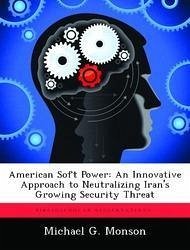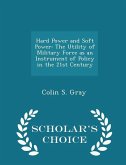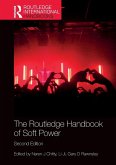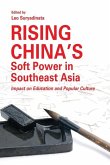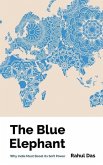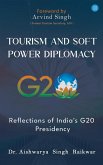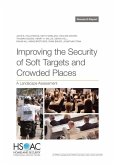Twenty-five years of United States' (U.S.) diplomatic isolation and unilateral economic sanctions have failed to alleviate the security threat posed by Iran, a state renowned for sponsoring terrorism, ignoring human rights, and seemingly bent on acquiring nuclear weapon technology. While Iran's government negotiates with the European Union over nuclear power safeguards, Iranian students and unemployed college graduates grow evermore resentful at their lack of social freedoms, economic opportunities, and democratic voice. This research paper explores the relatively new concept of soft power and its applicability in neutralizing Iran's security threat to the U.S. by facilitating social changes, economic investment, and democratic reforms within the strict Islamic state. It first examines how past hard-power strategies have failed to further U.S. interests in Iran. Next, it analyzes successful examples of positive relationships between the U.S. and Middle Eastern countries, where soft power has been employed effectively. Third, it exposes current opportunities for affecting the hearts and minds of Iranians through U. S. soft power. Finally, it concludes by offering a fresh strategy of how the U.S. should deal with Iran to effect the necessary social and governmental changes that will become the foundation for restoring strong diplomatic and economic ties between the two countries. This work has been selected by scholars as being culturally important, and is part of the knowledge base of civilization as we know it. This work was reproduced from the original artifact, and remains as true to the original work as possible. Therefore, you will see the original copyright references, library stamps (as most of these works have been housed in our most important libraries around the world), and other notations in the work. This work is in the public domain in the United States of America, and possibly other nations. Within the United States, you may freely copy and distribute this work, as no entity (individual or corporate) has a copyright on the body of the work. As a reproduction of a historical artifact, this work may contain missing or blurred pages, poor pictures, errant marks, etc. Scholars believe, and we concur, that this work is important enough to be preserved, reproduced, and made generally available to the public. We appreciate your support of the preservation process, and thank you for being an important part of keeping this knowledge alive and relevant.
Bitte wählen Sie Ihr Anliegen aus.
Rechnungen
Retourenschein anfordern
Bestellstatus
Storno

